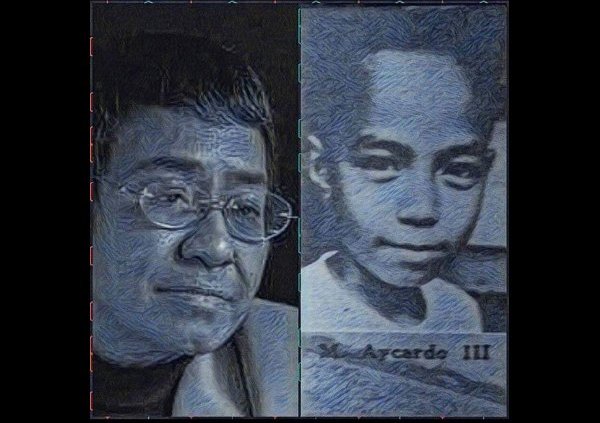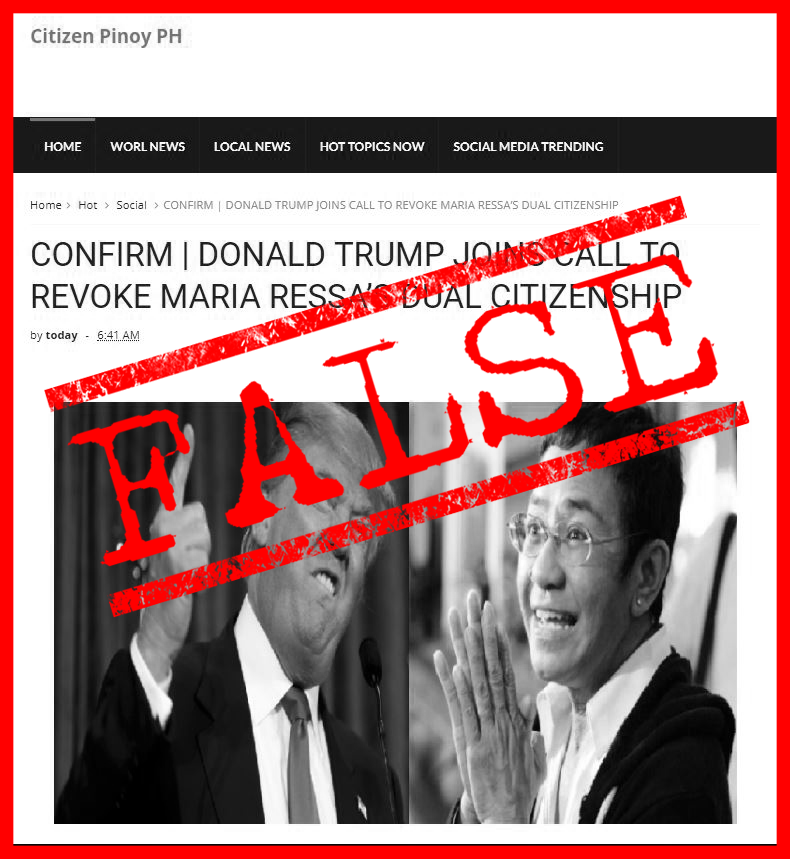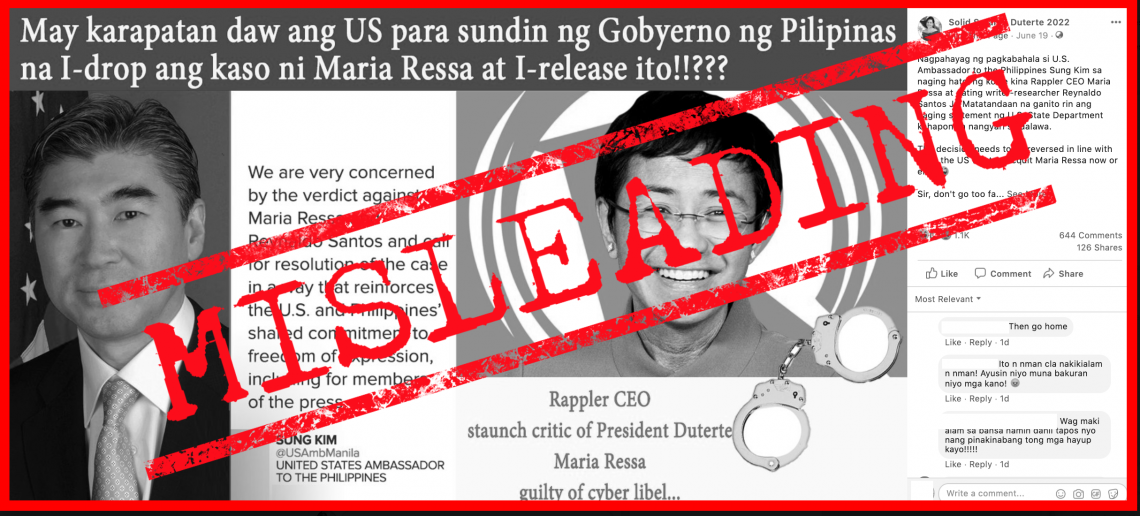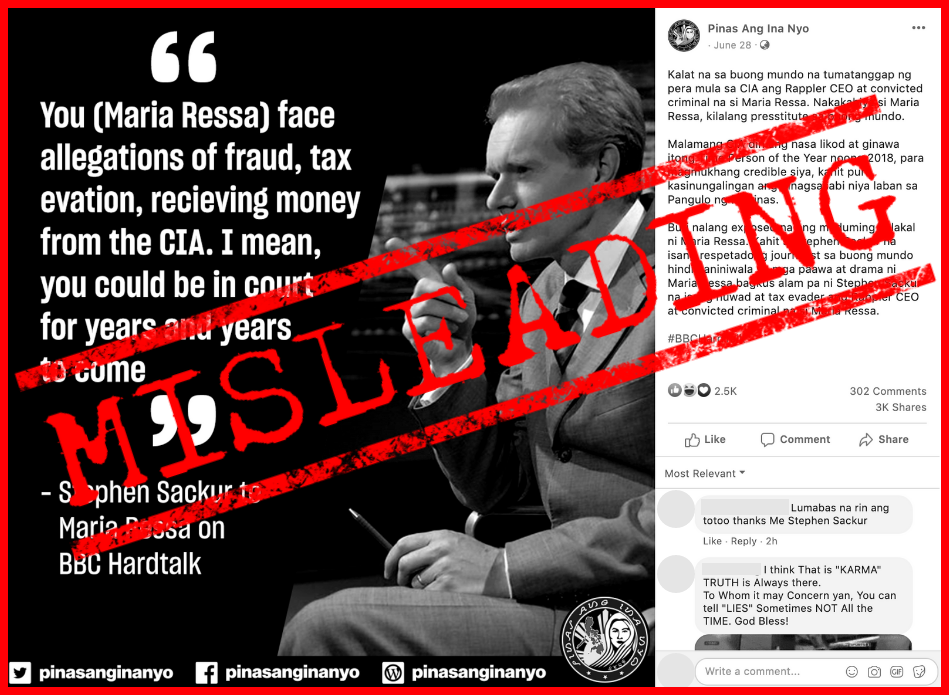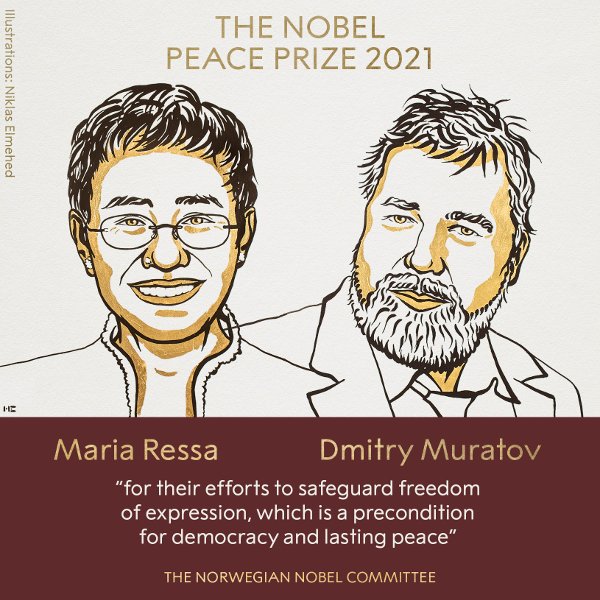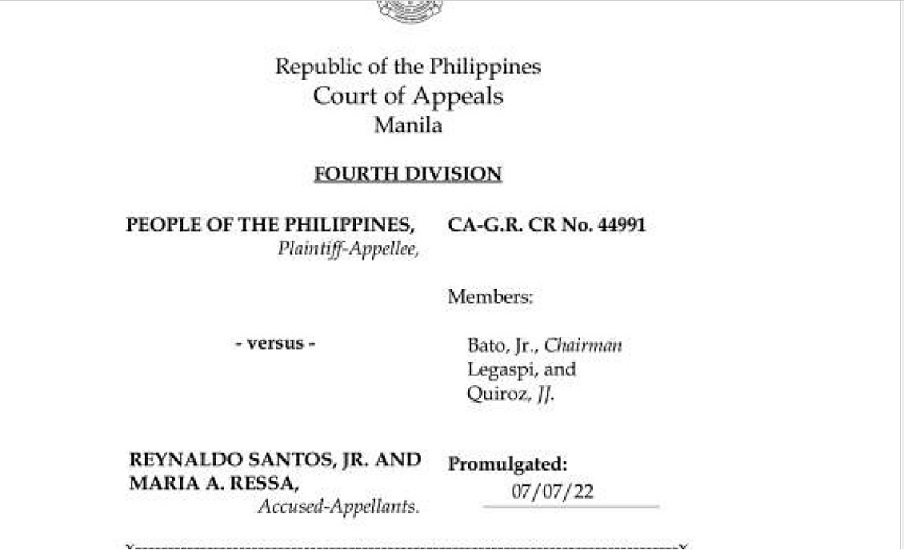The small office in coastal Mediterranean Spain that attends to Filipino migrants had asked me what my profession was. I said I was an opinion writer seeking the refuge of Europe from death threats in the Philippines. The Filipino across me immediately started a tirade that Nobel Peace Prize awardee Maria Ressa was not Filipino, but Indonesian. I was tempted to ask the man the names of Ressa’s Indonesian parents, but he was nowhere near to putting a period to his long diatribe. I myself did not know the truth. The man was successful in gaslighting me: I myself doubted if I really knew who Maria Ressa was. I was pounded into submissive silence.
On February 20, 2019, rabid Rodrigo Duterte supporter Jay Sonza charged on Twitter, without offering any evidence, that Maria Ressa had “Indonesian parents.” “How can Ressa be a Filipino when both her parents were Indonesians.” As if on cue on that same day, Manila Times writer Rigoberto Tiglao wrote about the same Indonesian parentage (“one parent I was told, but cannot confirm,” he said – notice his intellectual dishonesty). Despite not knowing lie from truth, Tiglao titled his article more pontifically: “The truth about Maria Ressa.” Tiglao had also gone one step backward – he raised the racist card by alluding to Ressa’s “looks.” Tiglao was so sure of himself in saying that in “The outbreak of Islamic terrorism in the Philippines and in Indonesia . . . CNN exploited her: Ressa’s looks and her family links in the two countries.” What, we may ask, is in Ressa’s looks that make her appear Indonesian?
Notice that since Sonza and Tiglao both said the same groundless and unsubstantiated line on the same day (Why was that? Were they on the same payroll? The serendipity was suspicious), the “Indonesian parentage” remained in public consciousness until this October, when Ressa was bestowed the Nobel Peace Prize. The almost-three-year period was certainly sufficient time to serve the interests of misinformation trolls that had characterized the contrived, propped-up propaganda of the Duterte regime. And so, according to the same Filipino sitting across me on that table, “Maria Ressa is Indonesian,” and he was very sure his information was unassailable.
The fake news was echoed when a Filipina writer in Germany, Emmalyn Liwag Kotte, congratulated Ressa in the post about her Nobel prize on the Facebook account of the German Embassy Manila. “We Filipinos in Germany are very proud of you, Ms. Maria Ressa! Congratulations!” Kotte commented on the thread.
Immediately, Kotte was besieged by Filipinos who basically said two things: that Ressa was a convicted criminal for fake news, and that she was Indonesian (“She’s not even Filipina,” and for the following comments of which I will not attempt to check the spelling and grammar: “She is a american-indonesian cetizen.” “Walang lahing Pinoy yan … American-indonesian yan.” [She has no Filipino genes … She is American-indonesian.]
So I went to where Sonza and Tiglao had failed to go – to Maria Ressa herself. I had insisted that she please reveal the real names of her parents and her grandparents – whether they were Filipino or Indonesian. Initially, her staff had volunteered the information that, for years, she has been protecting the identities of her immediate family in the Philippines from hateful political supporters of the Duterte regime. Her family is composed of real people; she had wanted to shield them from the hatred and vilification heaped upon her by Rodrigo Duterte. When Sonza tweeted in 2019, Ressa had tried to deflect the “Indonesian parents” claim with a “hahaha.”
Because both Sonza and Tiglao were vicious in their use of fake news, the truth should now give them a devastating blow to their apologist careers. Ressa was born in Manila on October 2, 1963 as Maria Angelita Delfin Aycardo. Her father Manuel Phil Aycardo III died when she was a year old. Her widowed mother Hermelina Estrella Delfin Aycardo migrated to the US and left the young Maria Angelita and her sister to the care of the paternal grandmother, Maria Rosario Peña Sunico Aycardo. Their mother would occasionally pay them visits from the US. When she had remarried to an Italian American named Peter Ames Ressa, she took the two girls. The stepfather would later adopt them and give them his surname. There was never any Indonesian link to her genealogy. Grade school classmates of the late Manuel Phil Aycardo III at the Ateneo de Manila University provided this writer with his photo.
The worldwide web, replete with genealogies of famous personalities accessible just a click away, can easily substantiate what Ressa says are her family links.
By the way, the first Filipino to receive the Nobel Peace Prize was in 2007. Jesuit priest and atmospheric physicist Jose Ramon T. Villarin, former president of two Ateneos, Xavier University-Ateneo de Cagayan and the Ateneo de Manila University, was part of the team awarded the prize that year, the Intergovernmental Panel on Climate Change which shared the accolade with former US vice president Al Gore.
We celebrate when a fellow Filipino takes center stage with a Nobel Peace Prize. After all, a Nobel is not a humdrum occurrence of quotidian life. But this is what we must celebrate – when a brand of journalism that fact checks is the reason for the conferral because otherwise it imperils a world shaped by fake news and lies.
Misinformation is a testament of how far – and how well oiled — fake news can succeed in inventing alter-facts and how many people believe it without bothering to search for the truth. We live in a dangerous world where hate spreads faster than facts.
The views in this column are those of the author and do not necessarily reflect the views of VERA Files.
